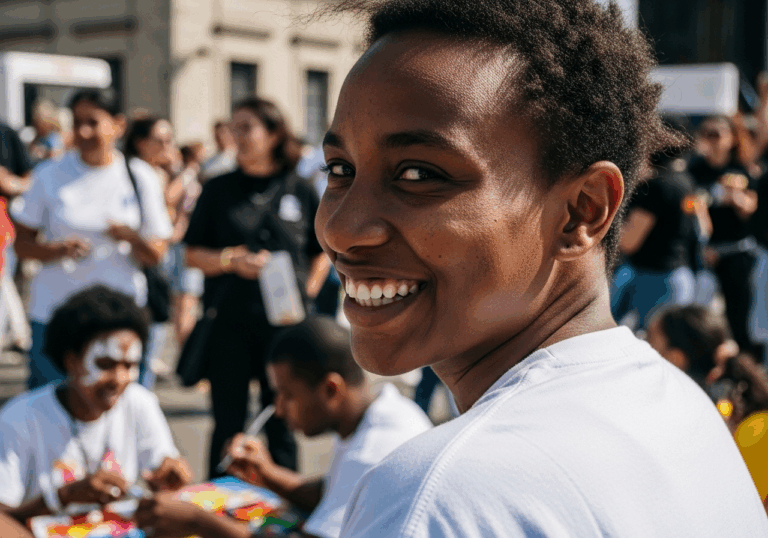Science-Backed Tips
Structured Friendship Groups Boost Emotional Wellbeing
Regular social contact reduces depressive symptoms by 20%.
📊 Did you know?
💡 Why It Matters
1️⃣
Regular participation in friendship groups can lead to a 20% reduction in depressive symptoms, enhancing overall mental health.
2️⃣
Social support networks can improve quality of life, reducing healthcare costs associated with untreated depression.
3️⃣
Engaging in structured social activities fosters resilience and emotional stability, crucial for long-term mental wellbeing.
✅ Try These Micro-Tips
🎯
Join a structured friendship group that meets weekly to foster social connections.
🎯
Engage in at least one social activity with friends every week to maintain emotional health.
🎯
Participate in group discussions or activities that promote sharing and support at least twice a month.
🎯
Encourage friends to join you in regular meetups to strengthen your social network.
📚 The study
This finding is crucial as it highlights the importance of social support networks in enhancing emotional health and overall quality of life. By fostering supportive connections, individuals not only uplift their mood but also cultivate resilience and emotional stability, essential components for long-term mental wellbeing.
The study underscores that engaging in structured social activities is not just beneficial but vital for those struggling with depression. The small yet statistically significant reduction in symptoms emphasizes the power of community and friendship in combating mental health challenges.
As we navigate an increasingly isolated world, the value of regular social interactions cannot be overstated. Joining a friendship group could be a simple yet effective step towards improving mental health and reducing healthcare costs associated with untreated depression.
This research serves as a beacon of hope, encouraging individuals to seek out and participate in community-driven initiatives that promote emotional wellness through connection and camaraderie.
❓ Frequently Asked Questions ❓
Learn more
What are structured friendship groups?
Structured friendship groups are organized social gatherings designed to foster connections among participants. They provide a supportive environment where individuals can engage in regular social activities to enhance emotional well-being.
How do structured friendship groups affect depression?
Participation in structured friendship groups has been shown to lead to a modest but statistically significant reduction in depressive symptoms. Regular social contact through these groups can uplift mood and improve overall mental health.
What is the impact of regular attendance at friendship groups?
Regular attendance at friendship groups can result in a 20% reduction in depressive symptoms. This consistent engagement supports emotional health through the development of supportive connections.
Why is social support important for mental health?
Social support networks play a crucial role in improving quality of life and can significantly reduce healthcare costs associated with untreated depression. They provide emotional stability and resilience, which are essential for long-term mental well-being.
How often should I participate in friendship groups?
It is recommended to join a structured friendship group that meets weekly to foster social connections. Additionally, engaging in at least one social activity with friends every week can help maintain emotional health.
What types of activities are included in structured friendship groups?
Structured friendship groups often include group discussions, activities that promote sharing, and supportive interactions among members. These activities are designed to encourage emotional connection and resilience.
Can I invite friends to join a structured friendship group?
Yes, encouraging friends to join you in regular meetups can strengthen your social network. This collective participation can enhance the benefits of social support for everyone involved.
What is the significance of the meta-analysis on friendship groups?
The meta-analysis evaluated various interventions using friendship groups and found a small but significant reduction in depression symptoms. This research highlights the effectiveness of structured social interactions in improving mental health.
How do structured friendship groups foster resilience?
Engaging in structured social activities helps individuals build emotional stability and resilience. These qualities are crucial for navigating life’s challenges and maintaining mental well-being over time.
What should I do if I want to join a friendship group?
Look for local organizations or community centers that offer structured friendship groups. Joining such a group can provide you with valuable social connections and support for your emotional health.





